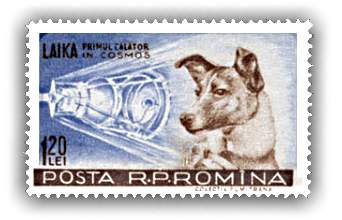Laika
laika is a business reporting library that allows you to request data from different sources and send it to someone or save it at some destination. For example: you can query your database, send the result as an excel attachment via email and save it on Google Drive or Amazon S3.
Check out the documentation at readthedocs.
Laika was tested on Python 2.7 and 3.5 or higher.
Installation
You can install it directly using pip:
$ pip install laika-libYou can specify extra dependencies. To find out what dependencies you need to install, check out reports and results documentation. For example, to install libraries to use Google Drive and Amazon S3 in your reports you must run:
$ pip install laika-lib[drive, s3]Usage
laika.py is a script that lets you use laika library. You can run it like this:
$ laika.py some_reportThis command will run the report named some_report. This report must be defined in some configuration file. By default laika looks for config.json in the same directory. You can specify a custom config passing -c parameter:
$ laika.py -c my_config.jsonPath to configuration file can also be specified with the LAIKA_CONFIG_FILE_PATH environment variable:
$ export LAIKA_CONFIG_FILE_PATH='/home/me/my_config.json'
$ laika.py my_reportAnother parameter you can use is --pwd which serves for specifying working directory. It can also be specified in configuration file or LAIKA_PWD environment variable.
Arguments
You can check all the predefined laika.py arguments with --help.
Undefined arguments will be added to report's definition overwriting default values. Thus, if for example the configuration for my_report defines field my_field with value foo, if you execute it like this:
$ laika.py my_report --my_field barmy_field configuration will contain bar as value.
Testing
To run test, you must install test dependencies:
$ pip install laika-lib[test]Then, run test from laika directory:
$ cd path/to/laika
$ python -m unittest discover